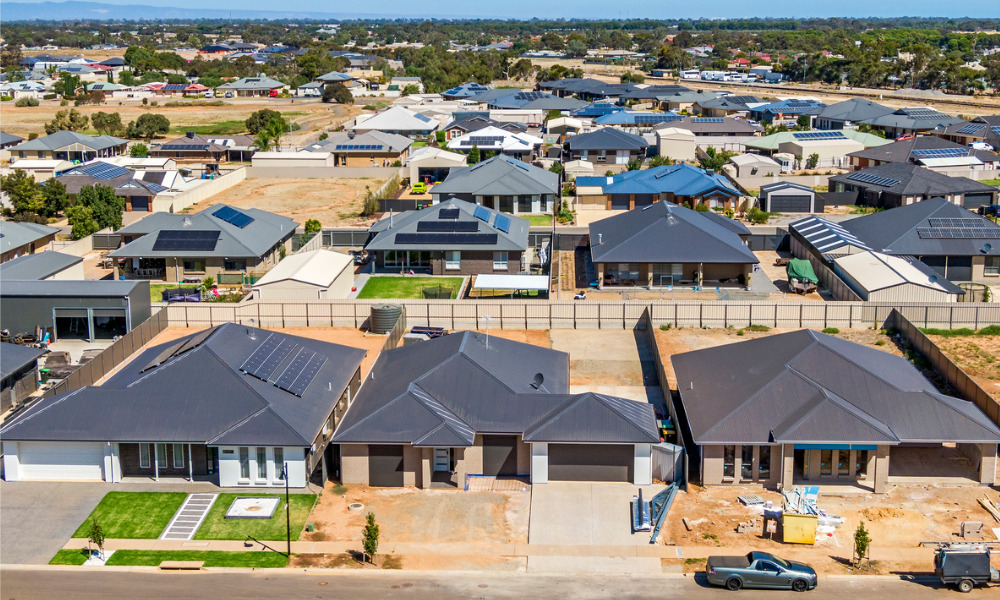Peak body supports Opposition's pledge to provide 10,000 slots in the scheme to regional Australians

The Real Estate Institute of Australia has welcomed the leader of the Opposition’s pledge to provide 10,000 slots within the First Home Loan Deposit Scheme (FHLDS) for regional Australians living in communities for 12 months or longer.
REIA president Hayden Groves said that affordability declined over the December quarter, with the proportion of income required to meet mortgage repayments hitting 37%.
“House prices have increased at the highest rate in two decades, with a rise of 25.1% for the 12 months ending December 2021, with the regional rising at 26%,” Groves said.
Groves said that the expansion of the FHLDS had been a priority for REIA, and he was pleased to see broad bipartisan support for expanding the program.
“The additional commitment of ongoing review of the FHLDS cap and criteria is sensible given current market conditions,” he said. “Whilst this is welcome and provides an advantage to regional Australians, the reality is there is simply insufficient housing in regions, and we’d love to see more investments from both sides of politics on a plan to increase supply of homes to both buy and rent. There are still more buyers than sellers in both cities and regions, so our focus needs to be on a plan for increasing supply of established dwellings on the market as well as new builds.”
Groves also said that with the bipartisan commitment to retain negative gearing, investors should be confident in investing in the market during the pre-election period.
Read next: Affordability becomes key election issue
“Both government and Opposition have promised to the Australian people and investors, on the advice of REIA, that negative gearing will continue to be supported,” he said. “This is very different from the elections in 2016 and 2019, and we are glad that this certainty is being offered to our markets, our businesses, investors and tenants. The emerging lessons from negative gearing being removed are now becoming apparent in New Zealand, so we are glad both parties support our investors and the 27% of Australians that live in private rentals.”
Groves also said he was pleased to hear that Shadow Treasurer Jim Chalmers had said that, if elected, he would be willing to lead a national conversation about stamp duty reform.
“Without national leadership to phase out this antiquated tax, it will just be a promise of reform from the introduction of the GST in 2000 that remains undelivered,” Groves said. “Stamp duty reform could increase the supply of existing housing stock on the market anywhere from five to 40% and would go a significant way to addressing supply-side issues by not punishing ordinary Australians who want to get new jobs and move.”



